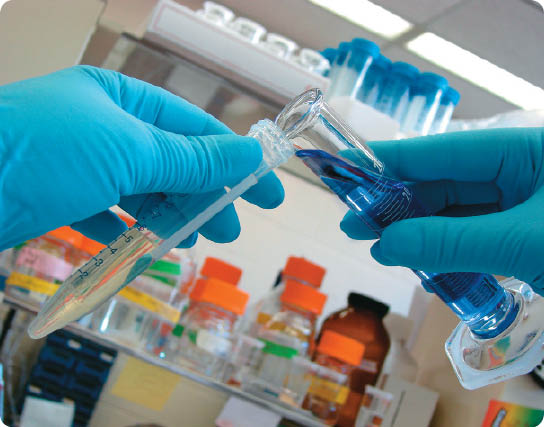Clinical research will undoubtedly free many from disease, illness and even possibly aging but to get there many controversial, creative or strange alternative routes will need to be taken in order to ensure progression. That is the nature of clinical research jobs; we’re pushing for knowledge we do not currently possess since it makes no sense to research that which we already know other than for a basis of moving forward. There are a lot of surprised cardiologists today as one alternative clinical treatment research finds itself in a network of success in the fight against heart disease. The chelation therapy treatment has showed initially sketchy results to begin with as it barely reached any statistical value of worth as questions of the clinical research being reliable were brought up by associate and scientist pundits alike. Now the chelation therapy is looking to get a new lease on life as positive results against heart disease have been made conclusive.

Suprising Benefits From Troubled Origins
The clinical research organisation behind the funding of the chelation therapy, the National Institute for Health, put $30 million into the study which saw delays and problems resulting in an aura of uncertainty is now somewhat vindicated by these positive results. Where before tentative talk of the study was par for the course, now more time is being asked for to explore what is considered biological effects that should be taken seriously. Dr. Elliot Antman who spoke as a representative of the Heart Association praised the NIH for funding the clinical research but said that the results were a surprise and should not make the therapy an object of repurpose but one of further adoption via further studies.
The Chelation Therapy
The chelation therapy involves the infusion of agents that extract metals from the bloodstream and with over 100,000 Americans undergoing the therapy, the current theory behind the unexpected results are due to the nature of calcium extraction as a side-effect. At $5,000 a treatment, the chelation therapy is providing many clinical research careers with a purpose although now with credible evidence it combating heart disease. The question now for many sceptics is if it is possible to put chelation therapy through formalised clinical research trials even though it is still widely used.
The Nature of Clinical Research
Such is the nature of clinical research; an assistant may discover a side-effect beneficial in the fight against an unrelated purpose, but it falls to policy that a separate study be created that focuses in on that specific study. So while many are pleasantly surprised with the side-effects presented by the chelation therapy, it’s important that further clinical research be put in specifically for the purpose of combating heart disease.
Eugene Calvini is a writer with as much knowledge about clinical research assistant jobs as he is about words; he enjoys sharing interesting medical stories with the internet.

